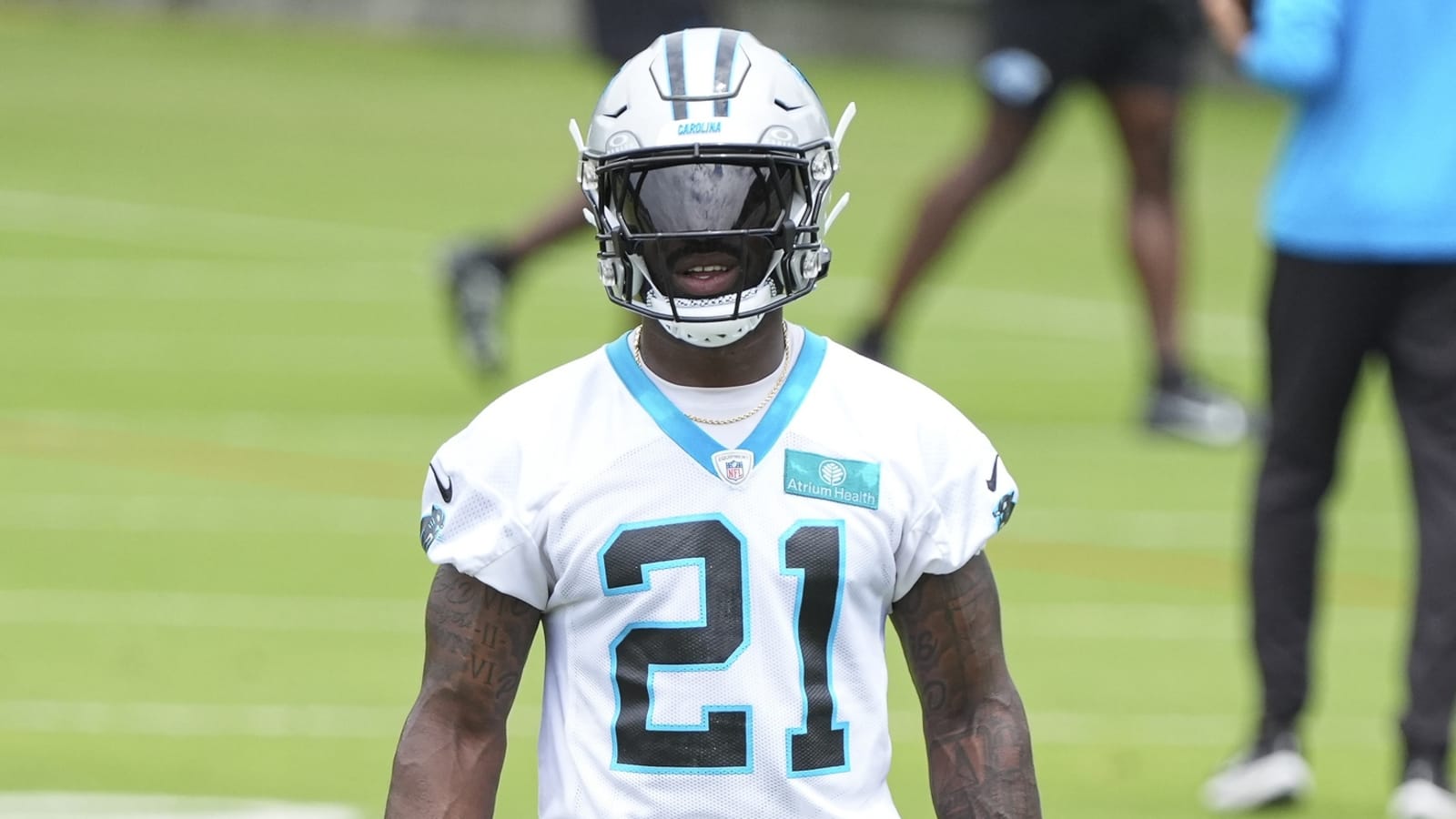
Panther’s poor season gets worse with news on veteran safety
News about veteran safety makes the bad season worse.

Veteran Safety: A Growing Concern Amid a Troubling Season
As the nation grapples with a myriad of challenges, the safety and well-being of veterans have emerged as pressing issues, making an already difficult season feel even more daunting. This period, marked by increasing reports of veteran suicides, homelessness, and inadequate healthcare, underscores the urgent need for systemic reform and community support.
- The Scope of the Problem
Recent statistics reveal that veterans are significantly more likely to experience mental health issues, with the Department of Veterans Affairs (VA) estimating that around 17 veterans die by suicide each day. This alarming figure highlights a crisis that extends beyond individual suffering; it reflects broader societal neglect of those who have served.
Compounding this issue is the reality of homelessness among veterans. According to the VA, approximately 37,000 veterans are homeless on any given night. Factors contributing to this grim statistic include a lack of affordable housing, insufficient access to mental health care, and the challenges of reintegrating into civilian life after military service.
- The Impact of Seasonal Factors
The onset of colder months can exacerbate these challenges. Many veterans face heightened feelings of isolation and despair during winter, which can trigger or worsen mental health issues. Seasonal affective disorder (SAD) is a legitimate concern, particularly for those already grappling with depression and anxiety. The combination of colder weather and the holiday season can intensify feelings of loneliness, leading to an increase in suicidal ideation.
Additionally, the COVID-19 pandemic has left lasting effects on mental health, with many veterans reporting increased feelings of anxiety and depression. The disruption of traditional support networks, such as veteran service organizations and community groups, has made it harder for veterans to access the help they need.
- Addressing the Crisis
Efforts to improve veteran safety are ongoing but need to be accelerated. Initiatives aimed at suicide prevention, like the VA’s “Crisis Line,” have proven effective but require more robust promotion and accessibility. This includes reaching out to veterans who may be unaware of these resources or too hesitant to seek help.
Moreover, community organizations play a vital role in supporting veterans. Programs that offer peer support, job training, and mental health counseling can make a significant difference. Increasing collaboration between local governments, nonprofits, and veteran advocacy groups is crucial to building a comprehensive safety net.
- Legislative Efforts
On the legislative front, there have been strides toward improving veteran safety. Recent bills have aimed at increasing funding for mental health programs, enhancing housing assistance, and expanding access to healthcare services for veterans. The Honoring our Promise to Address Comprehensive Toxics (PACT) Act, for example, seeks to address health issues related to toxic exposure, thereby improving overall care for veterans.
However, the challenge lies not just in passing legislation but also in ensuring that these measures are effectively implemented. Veterans often face bureaucratic hurdles when navigating the VA system, which can discourage them from seeking help. Streamlining processes and increasing transparency are essential to making the system more user-friendly.
- The Role of Society
As a society, we bear the responsibility to support our veterans. Public awareness campaigns can help destigmatize mental health issues and encourage veterans to seek help. It’s crucial for civilians to understand the unique challenges veterans face, fostering a culture of empathy and support.
Engagement from local communities is vital. Initiatives like veteran-friendly businesses, mentorship programs, and community service projects can provide veterans with a sense of belonging and purpose. These efforts not only help veterans but also enrich the community as a whole.
- A Call to Action
As we navigate through this challenging season, it’s imperative to prioritize veteran safety. Each of us has a role to play—whether it’s advocating for better resources, volunteering, or simply being there for a veteran in need. We must ensure that those who have served our country are not left to face their struggles alone.
The season may be difficult, but by coming together as a community and prioritizing the well-being of our veterans, we can make a meaningful difference. Let us commit to advocating for systemic change, providing support, and fostering an environment where every veteran feels valued and safe. The time for action is now, and together, we can help turn the tide in favor of those who have sacrificed so much for our freedoms.
Leave a Reply